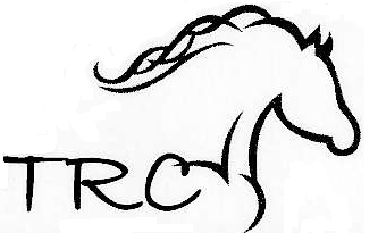
Hendra virus case in South East Queensland confirmed
Biosecurity Queensland has advised it is currently managing Queensland’s first case of Hendra virus since 2022 after receiving positive test results from a horse in South East Queensland on July 4.
The unvaccinated horse died on the property after its condition rapidly deteriorated. The horse involved was not a racehorse. The location of the property has not been disclosed at this time.
Racing Queensland joins Biosecurity Queensland in encouraging owners to vaccinate their horses.
Signs of Hendra virus infection can be non-specific in the early stages. As horses may become infectious before appearing unwell, it is important to routinely exercise good hygiene measures when interacting with horses.
Anyone who is concerned about possible infection should contact their veterinarian immediately and avoid contact with the horse until Hendra virus exclusion results are obtained.
The risk of infection from Hendra virus may be minimised by:
- Vaccinating horses – the highly-protective vaccine available for horses is the most effective way to manage Hendra virus disease risk;
- Paddock management - remove feed and water from underneath trees frequented by flying foxes and move horses out of paddocks when trees attractive to flying foxes are flowering or fruiting; and
- Practicing good hygiene when interacting with horses, including:
- Washing hands with soap and water regularly after touching horses, particularly before eating, smoking or touching your eyes, nose or mouth;
- Covering wounds with a waterproof dressing; and
- Wearing personal protective equipment if contact with body fluids from a horse is likely and washing unprotected skin with soap and water if it comes into contact with a horse’s body fluids or manure.
There is no Hendra virus vaccine for humans.
- Click here for further information from Queensland Department of Primary Industries (QLD DPI).
- Queensland Health: https://www.qld.gov.au/health/condition/infections-and-parasites/viral-infections/hendra-virus-infection
- Business Queensland: Hendra virus | Business Queensland













